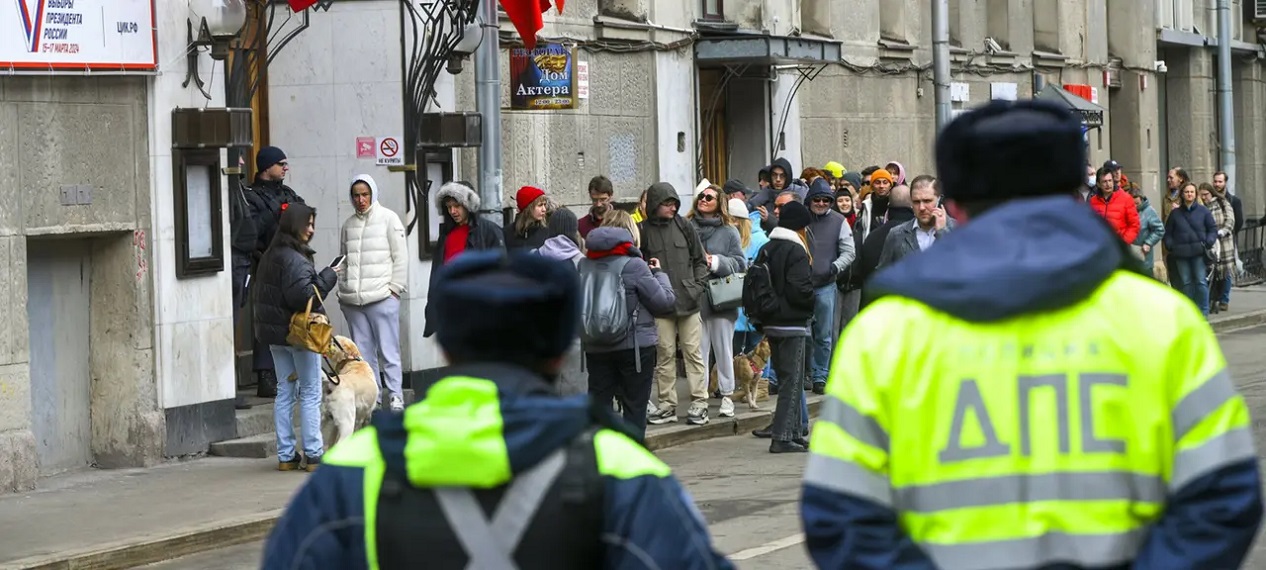 Spain’s House of Representatives has passed an amnesty law for Catalan separatists.
Spain’s House of Representatives has passed an amnesty law for Catalan separatists.
Spanish Parliament Approves Amnesty for Separatists
Spain’s House of Representatives has passed an amnesty law for Catalan separatists. Prime Minister Sánchez had promised the amnesty to secure the votes of the separatists for his reelection last year.
Approval of Controversial Amnesty Law
The Spanish lower house approved the draft of the controversial amnesty law for Catalan separatists on the second attempt. It was passed with 178 votes from the minority government and the two Catalan separatist parties ERC and Junts, despite political turmoil in Catalonia.
Initial Rejection in January
The background lies in the failed attempts to secede Catalonia from Spain in 2017. The amnesty is intended to benefit hundreds of activists who were prosecuted by the Spanish judiciary after the failed secession. The former Catalan regional president Carles Puigdemont could also benefit from the law. After eight years in Belgian exile, he could return to Spain without facing punishment.
An initial draft failed in parliament at the end of January. At that time, not only did the conservative and right-wing populist opposition vote against it, but so did the Catalan party Junts led by the former regional president Carles Puigdemont.
Sánchez Needed Votes for Re-election
Junts was concerned that the amnesty would not protect all separatists pursued by the judiciary from penalties. Pedro Sánchez’s socialist government party PSOE subsequently agreed to Junts’ proposed changes, enabling the successful vote on the second attempt.
Prior to this, Prime Minister Sánchez had promised the amnesty to the separatists to secure their votes for his reelection in parliament last fall. By offering dialogue and concessions, Sánchez aims to prevent Catalonia’s secession through the law by defusing the conflict.
Months of Protests Leading Up to Vote
The debated amnesty law has divided Spanish society and sparked fierce protests. Just last week, thousands protested in Madrid, demanding the resignation of Prime Minister Pedro Sánchez, chanting “Sánchez traitor” and “Sánchez to prison”. According to regulations, the draft will now go to the Spanish Senate for deliberation. The opposition, which opposes the amnesty, holds the majority there. They can block the draft for a maximum of two months but cannot prevent it. Subsequently, the lower house votes again. Thus, the amnesty could come into effect by the end of May if the judiciary does not halt parts of it.












